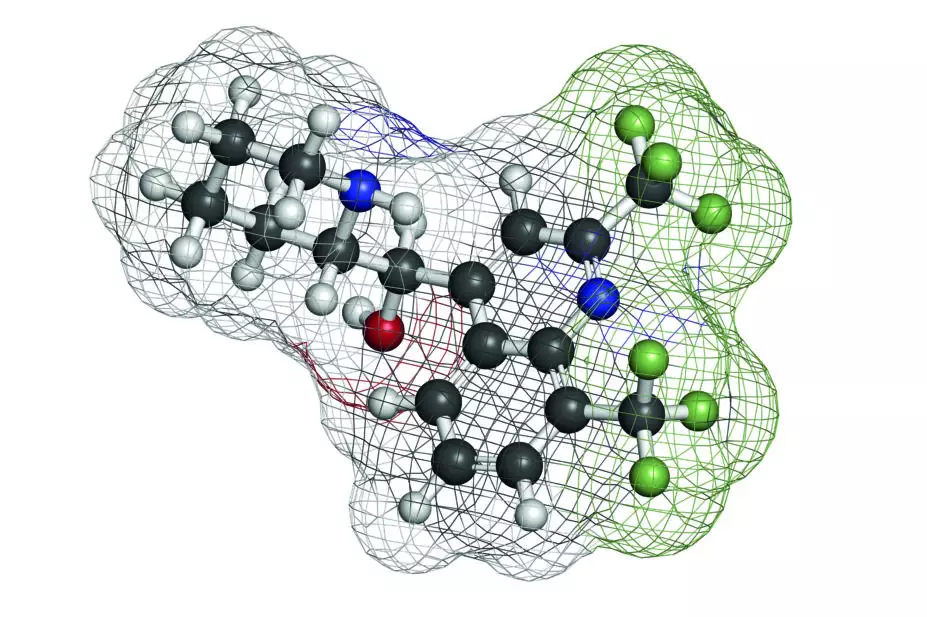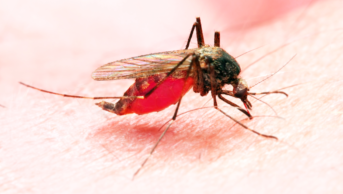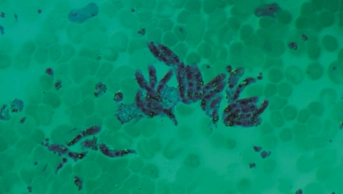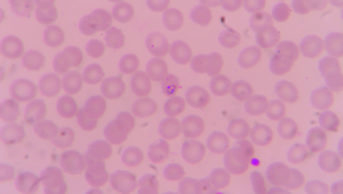
Shutterstock.com
Mefloquine plays a major role in the prevention and treatment of malaria, but its molecular mechanism of action is unknown.
Therefore, in a paper published in Nature Microbiology
[1]
(online, 13 March 2017), researchers studied the effects of mefloquine in the Plasmodium falciparum parasite, which causes malaria in humans.
The team discovered that mefloquine acts by targeting P. falciparum 80S ribosome to inhibit protein synthesis. Using cryo-electron microscopy — a technique which can image biological molecules in their natural state in great detail — the researchers then mapped the binding of mefloquine to the ribosome and showed that by modifying the binding site, the drug’s antimalarial potency could be enhanced up to 2.4-fold.
The researchers say their approach could be an effective method of drug discovery, using existing drugs as a starting point.
References
[1] Wong W, Bai X-C, Sleebs BE et al. Mefloquine targets the Plasmodium falciparum 80S ribosome to inhibit protein synthesis. Nat Microbiol 2017;2:17031. doi: 10.1038/nmicrobiol.2017.31


